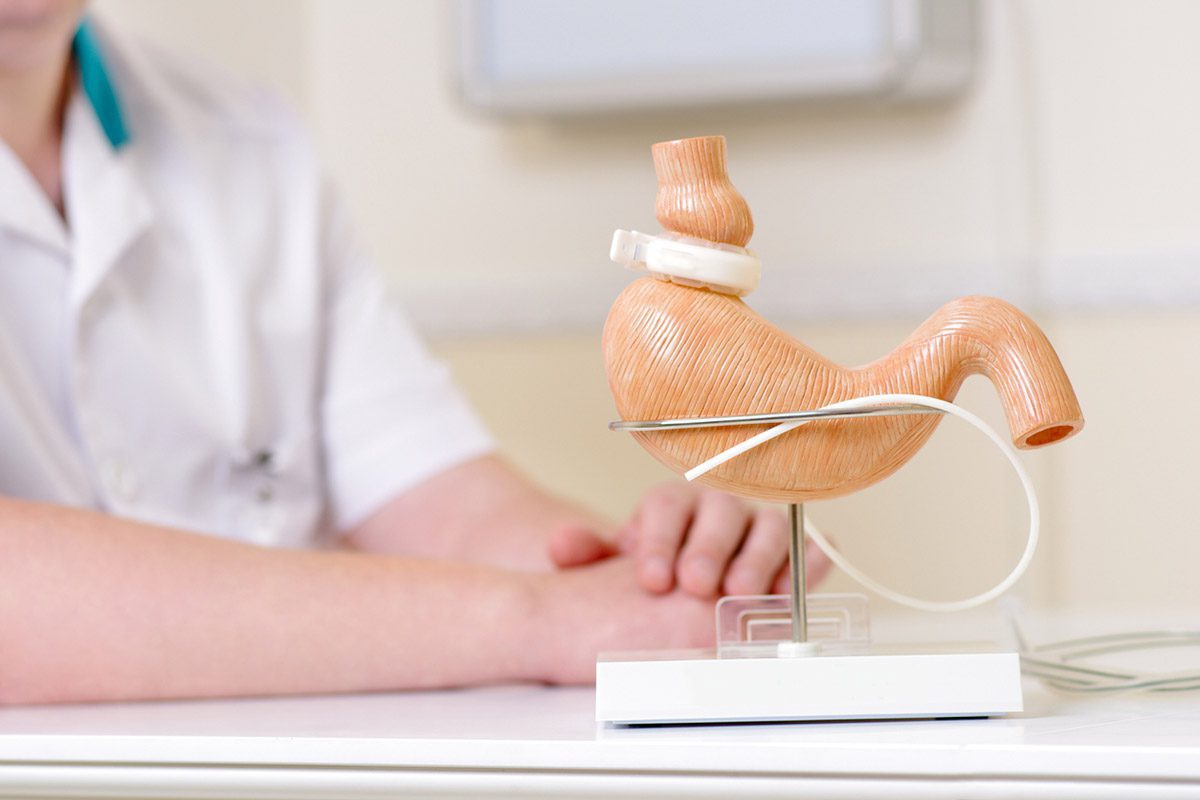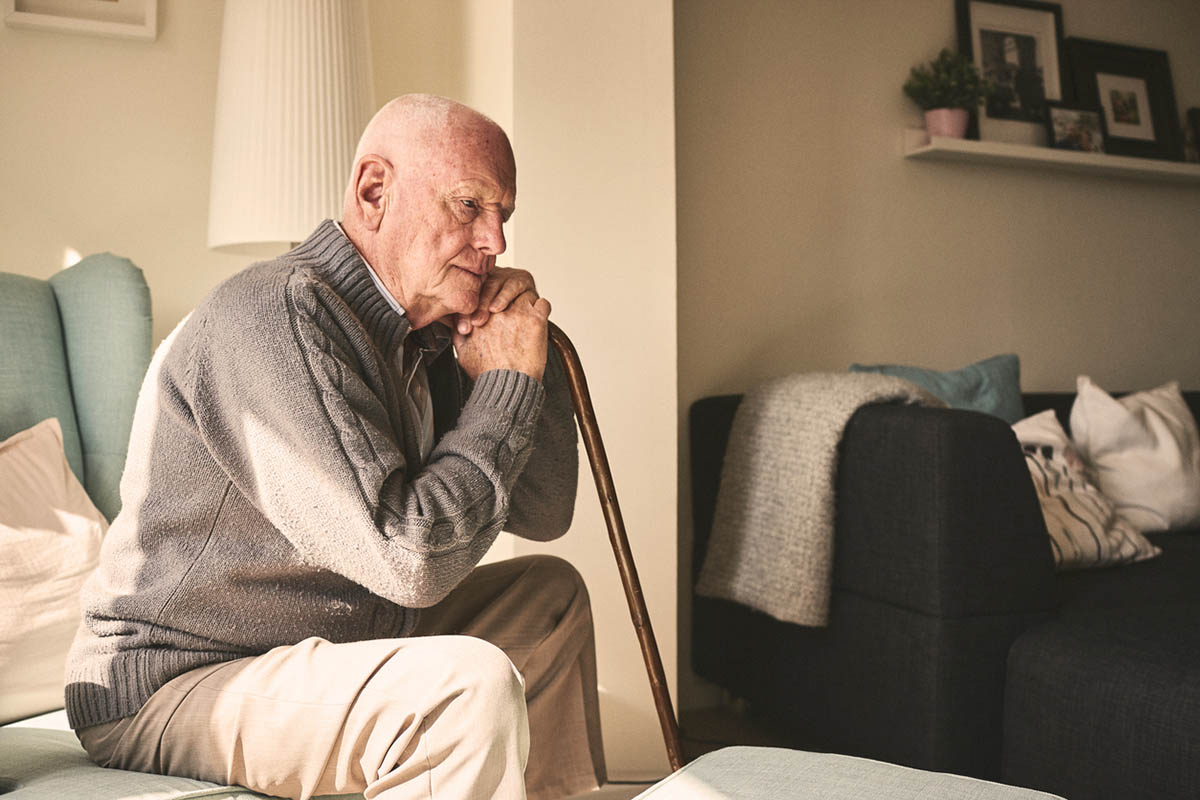Back to "Normal Bereavement"
To the Editor: Dr Zisook and colleagues’ recent ASCP Corner1 describes a recently bereaved man with depressive symptoms, but the authors fail to tell us whether he came for an evaluation because of these symptoms. Having interviewed more than 200 recently bereaved individuals, most newly widowed, I concur that the description of the man and his mood and depressive symptoms is a good one. Between 35% and 45% of recently bereaved individuals have exactly those symptoms in the first months after their loss. The problem arises when we pathologize them. Most of our subjects2,3 considered what they were going through normal and would not seek help from a counselor or psychiatrist.
In our first study2 of 40 recently bereaved individuals seen at 1 and 4 months, 98% had not seen a psychiatrist. One did so because we urged her to come for care. By 4 months, she felt better and had discontinued the care. In total, 81% of the individuals had improved by 4 months. In our second study4 of recently widowed individuals, only 2 of 92 saw a psychiatrist in the first 13 months, and both had psychiatric problems antedating the deaths. In a study5 of psychiatric inpatients and matched hospital controls, 2% of each group had experienced the loss of a first-degree relative in the 6 months before their admission.
Bereavement is a universal human experience. Complicated grief delineates an abnormal recovery. Usual bereavement is less severe than major inpatient depression,6 and has a different course,7 so the question is, How should we diagnose and treat the person with a reactive depression if he or she presents to a psychiatrist in the first few months of bereavement?
One of the studies8 reviewed by Zisook et al is misleading, as it ignores an important part of the E criterion for a major depressive episode diagnosis: patients are labeled as bereaved when they should have been referred to as having major depression because they had suicidal ideas or other specific symptoms.
Because the bereavement exclusion E criterion, as written, is frequently misapplied, it should be dropped or rewritten, but we should continue to use the V-code for the few recently bereaved individuals with nonpsychotic, nonsuicidal depression who might begin receiving care for the first time early in bereavement.
Several other references in the article are to epidemiologic studies showing that there are no differences between bereavement and other event-precipitated depressions. One of the references9 recommends that we drop the DSM-IV exclusion criterion for bereavement in major depression, and the other10 recommends that all precipitated noncomplicated depressions be added to the exclusion criterion and the V-code in order to avoid the stigmatization, inappropriate care, and inflated epidemiologic prevalence rates that undermine the credibility of the diagnostic system.
I have also compared recent widows (unpublished data) with rape victims interviewed with the same interview shortly after the rape. The frequencies of depressive symptoms and of depressive syndrome were similar in the 2 groups; however, there was significantly more suicidal ideation in the rape victims, which of course would mean that they would qualify for a diagnosis of major depression.
References
1. Zisook S, Reynolds CF 3rd, Pies R, et al. Bereavement, complicated grief, and DSM, part 1: depression. J Clin Psychiatry. 2010;71(7):955-956. PubMed doi:10.4088/JCP.10ac06303blu
2. Clayton P, Desmarais L, Winokur G. A study of normal bereavement. Am J Psychiatry. 1968;125(2):168-178. PubMed
3. Clayton PJ, Darvish HS. Course of depressive symptoms following the stress of bereavement. In: Barrett JE, ed. Stress and Mental Disorder. New York, NY: Raven Press; 1979.
4. Bornstein PE, Clayton PJ. The anniversary reaction. Dis Nerv Syst. 1972;33(7):470-472. PubMed
5. Frost NR, Clayton PJ. Bereavement and psychiatric hospitalization. Arch Gen Psychiatry. 1977;34(10):1172-1175. PubMed
6. Clayton PJ, Herjanic M, Murphy GE, et al. Mourning and depression: their similarities and differences. Can Psychiatr Assoc J. 1974;19(3): 309-312. PubMed
7. Clayton PJ. The clinical morbidity of the first year of bereavement: a review. Compr Psychiatry. 1973;14(2):151-157. PubMed doi:10.1016/0010-440X(73)90007-2
8. Corruble E, Chouinard VA, Letierce A, et al. Is DSM-IV bereavement exclusion for major depressive episode relevant to severity and pattern of symptoms? a case-control, cross-sectional study. J Clin Psychiatry. 2009;70(8):1091-1097. PubMed doi:10.4088/JCP.08m04475
9. Kendler KS, Myers J, Zisook S. Does bereavement-related major depression differ from major depression associated with other stressful life events? Am J Psychiatry. 2008;165(11):1449-1455. PubMed doi:10.1176/appi.ajp.2008.07111757
10. Wakefield JC, Schmitz MF, First MB, et al. Extending the bereavement exclusion for major depression to other losses: evidence from the National Comorbidity Survey. Arch Gen Psychiatry. 2007;64(4):433-440. PubMed doi:10.1001/archpsyc.64.4.433
Author affiliation: American Foundation for Suicide Prevention, New York, New York. Potential conflicts of interest: None reported. Funding/support: None reported.
doi:10.4088/JCP.10lr06493blu
© Copyright 2011 Physicians Postgraduate Press, Inc.





